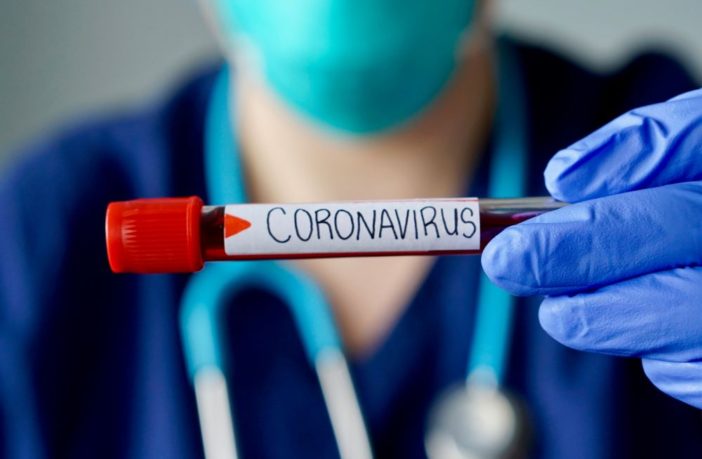Cases of the coronavirus (Covid-19) are growing with more than 47,000 laboratory confirmed cases worldwide, nine of them in the UK to date. But what do we know about the virus and can the UK deal with an outbreak of this kind?

Infection disease expert Dr Helen Wimalarathna
Dr Helen Wimalarathna, an infectious disease epidemiologist, discusses the virus, the spread of the infection disease and public health measures in place in the UK in this Q&A below.
What is the coronavirus?
“Coronaviruses are a whole group of viruses that can cause anything from a very mild illness, like cold, to something more serious such as SARS or MERs.
“What’s different about this coronavirus is that it’s just a novel mutation. RNA viruses, like coronaviruses, are very prone to mutation, so it’s not surprising that we see lots of new strains emerging.
“However, most of them either won’t come into contact with humans or wouldn’t be particularly pathogenic to humans. What we see here is one that has somehow got from an animal into the human population.”

Person to person transmission
How is it transmitted from person to person?
“The transmission from person to person is an interesting topic. We know that other coronaviruses are mainly spread through large droplet infections, such as sneezing and coughing, which allows the virus to be transmitted from person to person. The information that we have at the moment suggests that the Covid-19 behaves in the same way.
“Person to person transmission within this outbreak is occurring primarily where there’s been sustained close contact. Also, we have seen indirect transmission where an individual handles an object that has recently been contaminated by coughs or sneezes from an infected person. The precise survival time of Covid-19 on surfaces has not been fully studied, but it is likely to be up to a few hours.”
Who is most susceptible to contracting the virus?
“If you envisage a pyramid, at the bottom you have lots of people who are exposed to the virus. Above that you have a smaller group who are exposed to the virus and become infected but don’t become ill or display clinical symptoms. On the level above that, you’ll have a smaller subset of those who are infected and become unwell. At the very top of the pyramid, you have a very small subset of people who have a severe case of the disease and even die from the virus.
“An individual’s likelihood of contracting Covid-19 will be affected by biological factors such as their ability to fight infection; and behavioural factors, such as the degree of contact they have with infectious individuals. However, it’s always the people with pre-existing medical conditions with weakened immune systems, perhaps the very elderly and young infants, that are most likely to die from the virus. This is true for the flu and other outbreaks.
“It’s also more likely that people who are fit and healthy are less likely to show symptoms in the first place, if they do become infected.”
How significant are the developments in Brighton and London?
“I think we shouldn’t panic – we’ve only seen nine cases in the UK so far. You must remember that there’s been more than 47,000 cases confirmed globally and 99 per cent of those have been in China. We live in an age where international travel is very prominent, so it’s not surprising that we’re going to see a few cases being imported.
“The cluster of cases in the Brighton area certainly sparked some alarm, but in fact we should really take confidence in the effectiveness of contact tracing and case identification.
“The ninth case, who self-presented at a busy A&E department in London should perhaps give us more cause for concern. This case really highlights how the behaviour of humans, rather than the behaviour of the virus, can have an impact on public health. Public health education and clear, consistent messages are so important in the fight to prevent a pandemic.”
Is the UK equipped to deal with an outbreak of the coronavirus?
“The UK is well resourced, and well-rehearsed for dealing with outbreaks, whether seasonal flu or major pandemics.
“Screening of travellers from those areas identified as high risk has been implemented at airports. In the absence of a vaccine to prevent the spread, containment is really the most important strategy. Very rapidly, a highly sensitive and specific test for the new virus was developed and rolled out, and the cases that have been identified have been isolated to eliminate onward transmission.”
How do we stop the virus spreading?
“It’s important that people follow the advice of Public Health England and WHO. For example, handwashing with soap, we should all be doing this anyway, not just to protect ourselves from coronavirus but all the other seasonal viruses that are around.
“People returning from high risk areas, particularly China, should be following the advice to self-isolate, to effectively put themselves in quarantine for 14 days until they know that they’re healthy. If they’re not healthy within that time, they should stay at home. Don’t attend a GP surgery, instead call 111 and seek advice in that way.”



